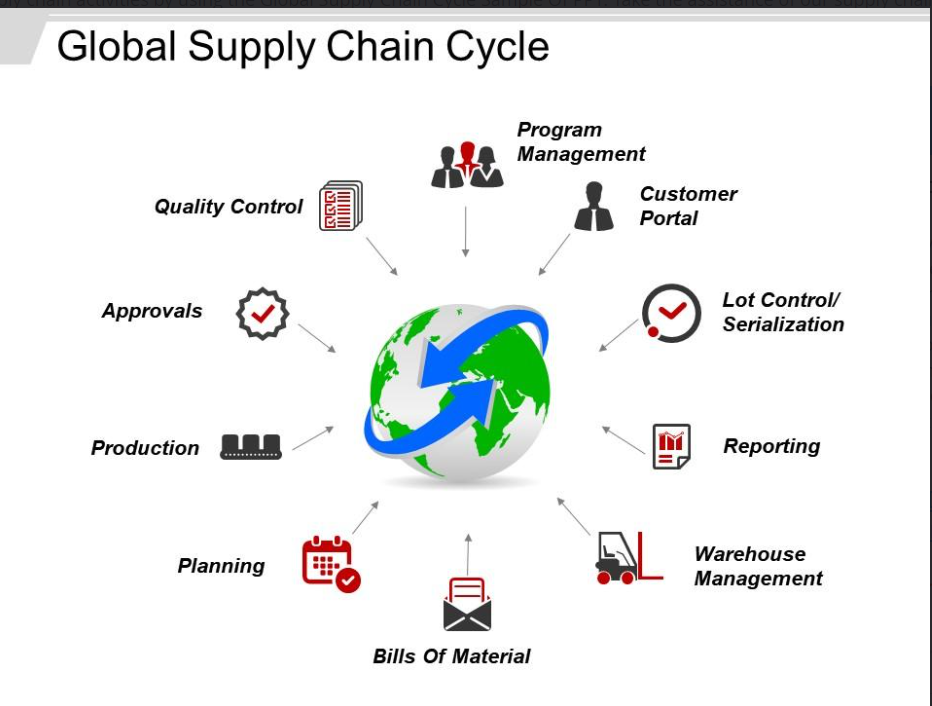
The Impact of 5G on Network Services
How important is fast internet connectivity in your daily life? What about the need for uninterrupted communication? The rise of 5G networks transforms how businesses integrate, offering lightning-fast speeds and seamless interactions.
Network services are evolving to meet the demands of a hyper-connected world driven by 5G. Here, we will discuss the profound impact of 5G on connectivity. Let’s learn how this technology is set to enhance your digital experience like never before.
Why Businesses Need Fast Connectivity
5G supports the seamless operation of digital tools that drive productivity and innovation. With fast internet, businesses can enhance customer service and streamline internal processes. Its reliability and speed make it an essential component for modern business operations. Here are some key reasons why fast connectivity is vital for enterprises:
- It enables the efficient use of cloud-based applications.
- It facilitates real-time data analysis and decision-making.
- It supports the implementation of advanced technologies such as AI and IoT.
- It enhances remote work capabilities, improving overall workforce flexibility.
Faster Internet and Reduced Latency
5G solutions can deliver data at significantly higher speeds than previous generations. This means that users can download and upload large files almost instantly. This translates into more efficient data transmission for network solutions, ensuring smooth business operations. Reduced latency ensures real-time applications like video conferencing and gaming perform smoothly without interruptions.
Enhanced Mobile Networks
With the widespread adoption of 5G, mobile networks are set to see substantial improvements. This technology supports a higher density of integrated devices, making it ideal for urban environments. This enhanced capability will allow mobile networks to manage more simultaneous connections without compromising quality. As a result, communication infrastructure will be able to support the increasing demand for mobile data.
Transformation in the IoT Connectivity
5G connectivity is designed to support many Internet of Things (IoT) devices, enabling seamless communication. This increased network will allow for more sophisticated IoT applications in various industries. Telecom solutions must adapt to increased connected devices, ensuring reliable data flow and connections.
Empowering Edge Computing
With 5G, data processing happens near the source, minimising long-distance travel to data centres. This will lead to faster decision-making and reduced congestion. Communication infrastructure supports edge computing by providing the necessary infrastructure for efficient data processing. This enables businesses to offer their customers more responsive and personalised services.
Revolutionising Cloud Services
The increased bandwidth and reduced latency of 5G will make cloud-based applications more accessible and responsive. This enables businesses to shift operations to the cloud, leveraging scalability and flexibility. Networking systems must evolve to handle increased data traffic and ensure seamless cloud-to-end-user connectivity.
Enhancing Video Streaming and Content Delivery
The higher speeds and lower latency of 5G solutions will enable smoother and higher-quality video streaming experiences. These solutions optimise their infrastructure to support the increased demand for high-definition and 4K video content. This involves upgrading existing infrastructure to ensure content is delivered without buffering or delays.
Improving Security
The increased number of connected devices and data flow will require more sophisticated security measures. Network …













 If you can’t manage to secure the best web hosting plan, you might end up with some rough patches further down the line. Once the influx of traffic begins, there will be more and more strain placed upon your bandwidth. Learning to utilize your host and server functions to better preserve this bandwidth is the core principle in network topology on small businesses.
If you can’t manage to secure the best web hosting plan, you might end up with some rough patches further down the line. Once the influx of traffic begins, there will be more and more strain placed upon your bandwidth. Learning to utilize your host and server functions to better preserve this bandwidth is the core principle in network topology on small businesses.